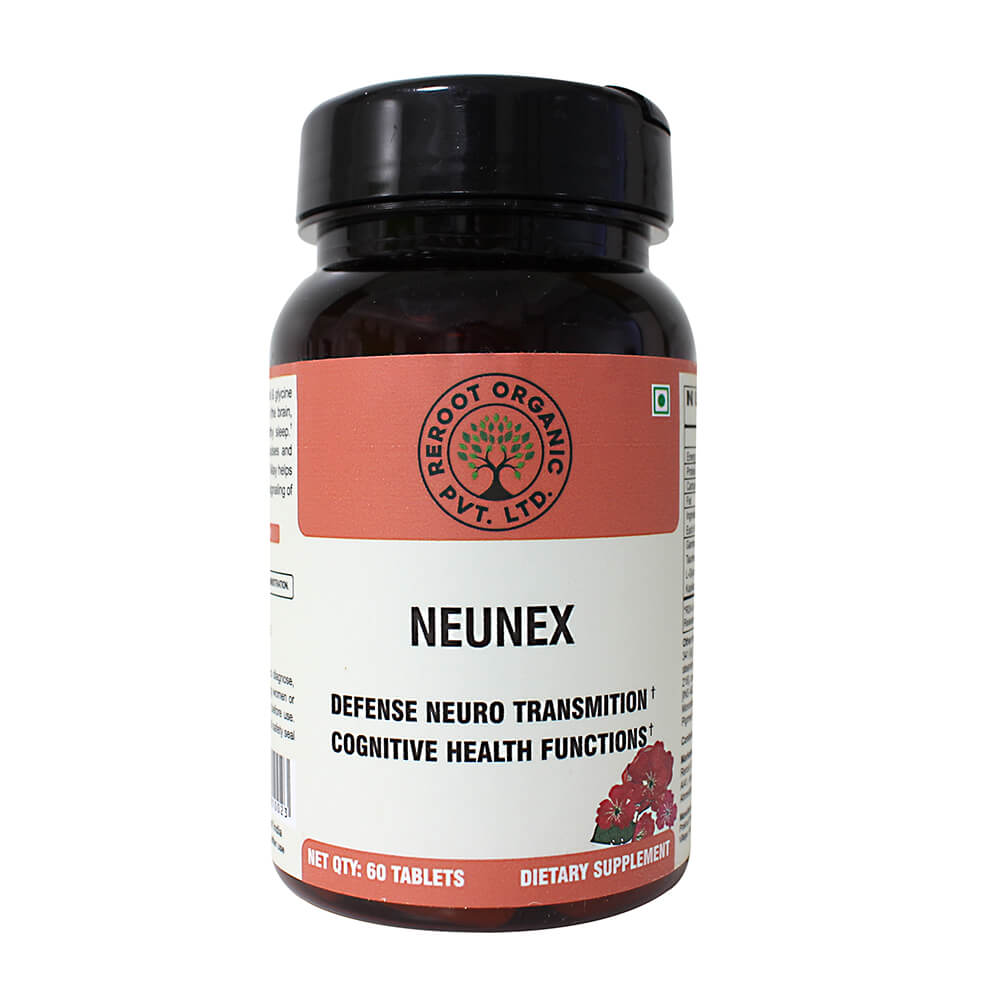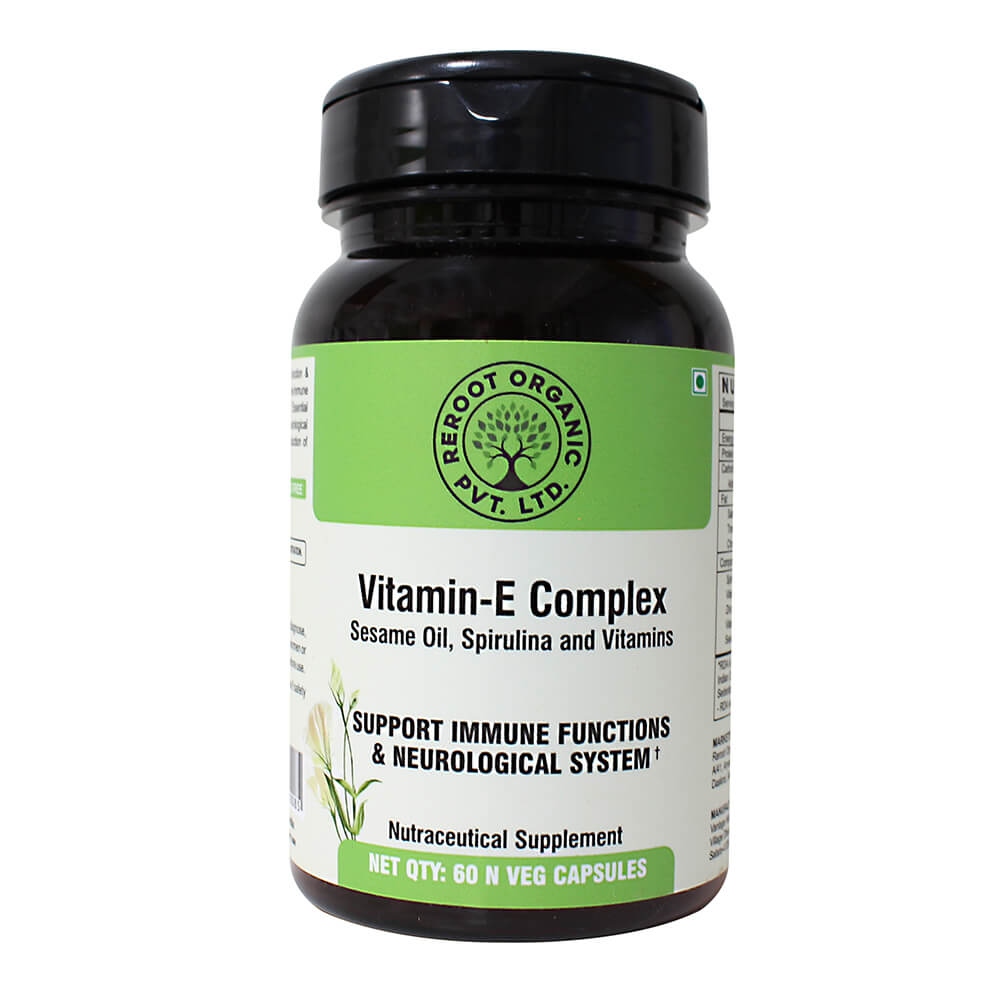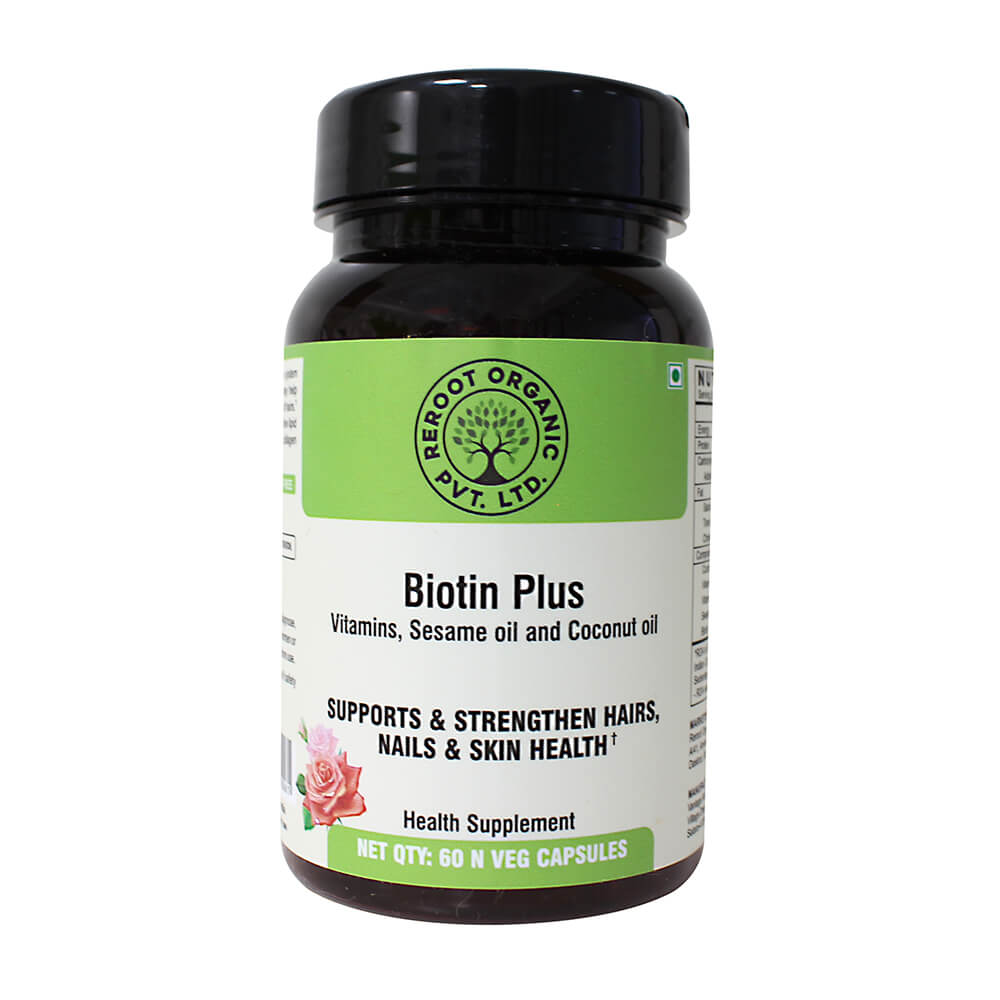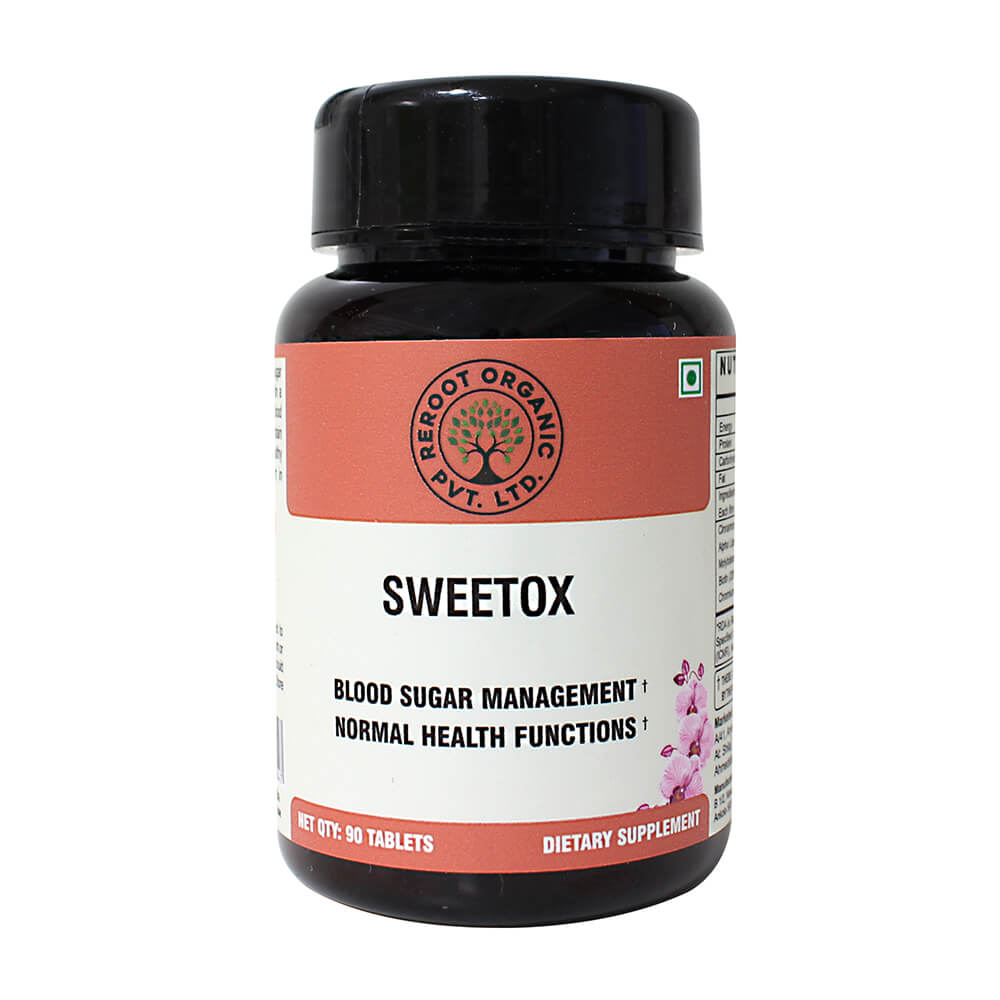Deprecated: Function WP_Scripts::print_inline_script is deprecated since version 6.3.0! Use WP_Scripts::get_inline_script_data() or WP_Scripts::get_inline_script_tag() instead. in /home/ft1dd4bn2qlm/public_html/wp-includes/functions.php on line 6078
Deprecated: Function WP_Scripts::print_inline_script is deprecated since version 6.3.0! Use WP_Scripts::get_inline_script_data() or WP_Scripts::get_inline_script_tag() instead. in /home/ft1dd4bn2qlm/public_html/wp-includes/functions.php on line 6078
Deprecated: Function WP_Scripts::print_inline_script is deprecated since version 6.3.0! Use WP_Scripts::get_inline_script_data() or WP_Scripts::get_inline_script_tag() instead. in /home/ft1dd4bn2qlm/public_html/wp-includes/functions.php on line 6078
Deprecated: Function WP_Scripts::print_inline_script is deprecated since version 6.3.0! Use WP_Scripts::get_inline_script_data() or WP_Scripts::get_inline_script_tag() instead. in /home/ft1dd4bn2qlm/public_html/wp-includes/functions.php on line 6078
Deprecated: Function WP_Scripts::print_inline_script is deprecated since version 6.3.0! Use WP_Scripts::get_inline_script_data() or WP_Scripts::get_inline_script_tag() instead. in /home/ft1dd4bn2qlm/public_html/wp-includes/functions.php on line 6078
Deprecated: Function WP_Scripts::print_inline_script is deprecated since version 6.3.0! Use WP_Scripts::get_inline_script_data() or WP_Scripts::get_inline_script_tag() instead. in /home/ft1dd4bn2qlm/public_html/wp-includes/functions.php on line 6078
Deprecated: Function WP_Scripts::print_inline_script is deprecated since version 6.3.0! Use WP_Scripts::get_inline_script_data() or WP_Scripts::get_inline_script_tag() instead. in /home/ft1dd4bn2qlm/public_html/wp-includes/functions.php on line 6078
Deprecated: Function WP_Scripts::print_inline_script is deprecated since version 6.3.0! Use WP_Scripts::get_inline_script_data() or WP_Scripts::get_inline_script_tag() instead. in /home/ft1dd4bn2qlm/public_html/wp-includes/functions.php on line 6078
Deprecated: Function WP_Scripts::print_inline_script is deprecated since version 6.3.0! Use WP_Scripts::get_inline_script_data() or WP_Scripts::get_inline_script_tag() instead. in /home/ft1dd4bn2qlm/public_html/wp-includes/functions.php on line 6078
Deprecated: Function WP_Scripts::print_inline_script is deprecated since version 6.3.0! Use WP_Scripts::get_inline_script_data() or WP_Scripts::get_inline_script_tag() instead. in /home/ft1dd4bn2qlm/public_html/wp-includes/functions.php on line 6078
Deprecated: Function WP_Scripts::print_inline_script is deprecated since version 6.3.0! Use WP_Scripts::get_inline_script_data() or WP_Scripts::get_inline_script_tag() instead. in /home/ft1dd4bn2qlm/public_html/wp-includes/functions.php on line 6078
Deprecated: Function WP_Scripts::print_inline_script is deprecated since version 6.3.0! Use WP_Scripts::get_inline_script_data() or WP_Scripts::get_inline_script_tag() instead. in /home/ft1dd4bn2qlm/public_html/wp-includes/functions.php on line 6078
Deprecated: Function WP_Scripts::print_inline_script is deprecated since version 6.3.0! Use WP_Scripts::get_inline_script_data() or WP_Scripts::get_inline_script_tag() instead. in /home/ft1dd4bn2qlm/public_html/wp-includes/functions.php on line 6078
Deprecated: Function WP_Scripts::print_inline_script is deprecated since version 6.3.0! Use WP_Scripts::get_inline_script_data() or WP_Scripts::get_inline_script_tag() instead. in /home/ft1dd4bn2qlm/public_html/wp-includes/functions.php on line 6078
Deprecated: Function WP_Scripts::print_inline_script is deprecated since version 6.3.0! Use WP_Scripts::get_inline_script_data() or WP_Scripts::get_inline_script_tag() instead. in /home/ft1dd4bn2qlm/public_html/wp-includes/functions.php on line 6078
Deprecated: Function WP_Scripts::print_inline_script is deprecated since version 6.3.0! Use WP_Scripts::get_inline_script_data() or WP_Scripts::get_inline_script_tag() instead. in /home/ft1dd4bn2qlm/public_html/wp-includes/functions.php on line 6078
Deprecated: Function WP_Scripts::print_inline_script is deprecated since version 6.3.0! Use WP_Scripts::get_inline_script_data() or WP_Scripts::get_inline_script_tag() instead. in /home/ft1dd4bn2qlm/public_html/wp-includes/functions.php on line 6078
Deprecated: Function WP_Scripts::print_inline_script is deprecated since version 6.3.0! Use WP_Scripts::get_inline_script_data() or WP_Scripts::get_inline_script_tag() instead. in /home/ft1dd4bn2qlm/public_html/wp-includes/functions.php on line 6078
Deprecated: Function WP_Scripts::print_inline_script is deprecated since version 6.3.0! Use WP_Scripts::get_inline_script_data() or WP_Scripts::get_inline_script_tag() instead. in /home/ft1dd4bn2qlm/public_html/wp-includes/functions.php on line 6078
Deprecated: Function WP_Scripts::print_inline_script is deprecated since version 6.3.0! Use WP_Scripts::get_inline_script_data() or WP_Scripts::get_inline_script_tag() instead. in /home/ft1dd4bn2qlm/public_html/wp-includes/functions.php on line 6078
Deprecated: Function WP_Scripts::print_inline_script is deprecated since version 6.3.0! Use WP_Scripts::get_inline_script_data() or WP_Scripts::get_inline_script_tag() instead. in /home/ft1dd4bn2qlm/public_html/wp-includes/functions.php on line 6078
Deprecated: Function WP_Scripts::print_inline_script is deprecated since version 6.3.0! Use WP_Scripts::get_inline_script_data() or WP_Scripts::get_inline_script_tag() instead. in /home/ft1dd4bn2qlm/public_html/wp-includes/functions.php on line 6078
Deprecated: Function WP_Scripts::print_inline_script is deprecated since version 6.3.0! Use WP_Scripts::get_inline_script_data() or WP_Scripts::get_inline_script_tag() instead. in /home/ft1dd4bn2qlm/public_html/wp-includes/functions.php on line 6078
Deprecated: Function WP_Scripts::print_inline_script is deprecated since version 6.3.0! Use WP_Scripts::get_inline_script_data() or WP_Scripts::get_inline_script_tag() instead. in /home/ft1dd4bn2qlm/public_html/wp-includes/functions.php on line 6078
Deprecated: Function WP_Scripts::print_inline_script is deprecated since version 6.3.0! Use WP_Scripts::get_inline_script_data() or WP_Scripts::get_inline_script_tag() instead. in /home/ft1dd4bn2qlm/public_html/wp-includes/functions.php on line 6078
Deprecated: Function WP_Scripts::print_inline_script is deprecated since version 6.3.0! Use WP_Scripts::get_inline_script_data() or WP_Scripts::get_inline_script_tag() instead. in /home/ft1dd4bn2qlm/public_html/wp-includes/functions.php on line 6078
Deprecated: Function WP_Scripts::print_inline_script is deprecated since version 6.3.0! Use WP_Scripts::get_inline_script_data() or WP_Scripts::get_inline_script_tag() instead. in /home/ft1dd4bn2qlm/public_html/wp-includes/functions.php on line 6078
Deprecated: Function WP_Scripts::print_inline_script is deprecated since version 6.3.0! Use WP_Scripts::get_inline_script_data() or WP_Scripts::get_inline_script_tag() instead. in /home/ft1dd4bn2qlm/public_html/wp-includes/functions.php on line 6078
Deprecated: Function WP_Scripts::print_inline_script is deprecated since version 6.3.0! Use WP_Scripts::get_inline_script_data() or WP_Scripts::get_inline_script_tag() instead. in /home/ft1dd4bn2qlm/public_html/wp-includes/functions.php on line 6078
Deprecated: Function WP_Scripts::print_inline_script is deprecated since version 6.3.0! Use WP_Scripts::get_inline_script_data() or WP_Scripts::get_inline_script_tag() instead. in /home/ft1dd4bn2qlm/public_html/wp-includes/functions.php on line 6078
Deprecated: Function WP_Scripts::print_inline_script is deprecated since version 6.3.0! Use WP_Scripts::get_inline_script_data() or WP_Scripts::get_inline_script_tag() instead. in /home/ft1dd4bn2qlm/public_html/wp-includes/functions.php on line 6078
Deprecated: Function WP_Scripts::print_inline_script is deprecated since version 6.3.0! Use WP_Scripts::get_inline_script_data() or WP_Scripts::get_inline_script_tag() instead. in /home/ft1dd4bn2qlm/public_html/wp-includes/functions.php on line 6078
Deprecated: Function WP_Scripts::print_inline_script is deprecated since version 6.3.0! Use WP_Scripts::get_inline_script_data() or WP_Scripts::get_inline_script_tag() instead. in /home/ft1dd4bn2qlm/public_html/wp-includes/functions.php on line 6078
Deprecated: Function WP_Scripts::print_inline_script is deprecated since version 6.3.0! Use WP_Scripts::get_inline_script_data() or WP_Scripts::get_inline_script_tag() instead. in /home/ft1dd4bn2qlm/public_html/wp-includes/functions.php on line 6078
Deprecated: Function WP_Scripts::print_inline_script is deprecated since version 6.3.0! Use WP_Scripts::get_inline_script_data() or WP_Scripts::get_inline_script_tag() instead. in /home/ft1dd4bn2qlm/public_html/wp-includes/functions.php on line 6078
Deprecated: Function WP_Scripts::print_inline_script is deprecated since version 6.3.0! Use WP_Scripts::get_inline_script_data() or WP_Scripts::get_inline_script_tag() instead. in /home/ft1dd4bn2qlm/public_html/wp-includes/functions.php on line 6078
Deprecated: Function WP_Scripts::print_inline_script is deprecated since version 6.3.0! Use WP_Scripts::get_inline_script_data() or WP_Scripts::get_inline_script_tag() instead. in /home/ft1dd4bn2qlm/public_html/wp-includes/functions.php on line 6078
Deprecated: Function WP_Scripts::print_inline_script is deprecated since version 6.3.0! Use WP_Scripts::get_inline_script_data() or WP_Scripts::get_inline_script_tag() instead. in /home/ft1dd4bn2qlm/public_html/wp-includes/functions.php on line 6078
Deprecated: Function WP_Scripts::print_inline_script is deprecated since version 6.3.0! Use WP_Scripts::get_inline_script_data() or WP_Scripts::get_inline_script_tag() instead. in /home/ft1dd4bn2qlm/public_html/wp-includes/functions.php on line 6078
Deprecated: Function WP_Scripts::print_inline_script is deprecated since version 6.3.0! Use WP_Scripts::get_inline_script_data() or WP_Scripts::get_inline_script_tag() instead. in /home/ft1dd4bn2qlm/public_html/wp-includes/functions.php on line 6078
Deprecated: Function WP_Scripts::print_inline_script is deprecated since version 6.3.0! Use WP_Scripts::get_inline_script_data() or WP_Scripts::get_inline_script_tag() instead. in /home/ft1dd4bn2qlm/public_html/wp-includes/functions.php on line 6078
Deprecated: Function WP_Scripts::print_inline_script is deprecated since version 6.3.0! Use WP_Scripts::get_inline_script_data() or WP_Scripts::get_inline_script_tag() instead. in /home/ft1dd4bn2qlm/public_html/wp-includes/functions.php on line 6078
Deprecated: Function WP_Scripts::print_inline_script is deprecated since version 6.3.0! Use WP_Scripts::get_inline_script_data() or WP_Scripts::get_inline_script_tag() instead. in /home/ft1dd4bn2qlm/public_html/wp-includes/functions.php on line 6078
Deprecated: Function WP_Scripts::print_inline_script is deprecated since version 6.3.0! Use WP_Scripts::get_inline_script_data() or WP_Scripts::get_inline_script_tag() instead. in /home/ft1dd4bn2qlm/public_html/wp-includes/functions.php on line 6078
Deprecated: Function WP_Scripts::print_inline_script is deprecated since version 6.3.0! Use WP_Scripts::get_inline_script_data() or WP_Scripts::get_inline_script_tag() instead. in /home/ft1dd4bn2qlm/public_html/wp-includes/functions.php on line 6078
Deprecated: Function WP_Scripts::print_inline_script is deprecated since version 6.3.0! Use WP_Scripts::get_inline_script_data() or WP_Scripts::get_inline_script_tag() instead. in /home/ft1dd4bn2qlm/public_html/wp-includes/functions.php on line 6078
Deprecated: Function WP_Scripts::print_inline_script is deprecated since version 6.3.0! Use WP_Scripts::get_inline_script_data() or WP_Scripts::get_inline_script_tag() instead. in /home/ft1dd4bn2qlm/public_html/wp-includes/functions.php on line 6078
Deprecated: Function WP_Scripts::print_inline_script is deprecated since version 6.3.0! Use WP_Scripts::get_inline_script_data() or WP_Scripts::get_inline_script_tag() instead. in /home/ft1dd4bn2qlm/public_html/wp-includes/functions.php on line 6078
Deprecated: Function WP_Scripts::print_inline_script is deprecated since version 6.3.0! Use WP_Scripts::get_inline_script_data() or WP_Scripts::get_inline_script_tag() instead. in /home/ft1dd4bn2qlm/public_html/wp-includes/functions.php on line 6078
Deprecated: Function WP_Scripts::print_inline_script is deprecated since version 6.3.0! Use WP_Scripts::get_inline_script_data() or WP_Scripts::get_inline_script_tag() instead. in /home/ft1dd4bn2qlm/public_html/wp-includes/functions.php on line 6078
Deprecated: Function WP_Scripts::print_inline_script is deprecated since version 6.3.0! Use WP_Scripts::get_inline_script_data() or WP_Scripts::get_inline_script_tag() instead. in /home/ft1dd4bn2qlm/public_html/wp-includes/functions.php on line 6078
Deprecated: Function WP_Scripts::print_inline_script is deprecated since version 6.3.0! Use WP_Scripts::get_inline_script_data() or WP_Scripts::get_inline_script_tag() instead. in /home/ft1dd4bn2qlm/public_html/wp-includes/functions.php on line 6078
Deprecated: Function WP_Scripts::print_inline_script is deprecated since version 6.3.0! Use WP_Scripts::get_inline_script_data() or WP_Scripts::get_inline_script_tag() instead. in /home/ft1dd4bn2qlm/public_html/wp-includes/functions.php on line 6078
Deprecated: Function WP_Scripts::print_inline_script is deprecated since version 6.3.0! Use WP_Scripts::get_inline_script_data() or WP_Scripts::get_inline_script_tag() instead. in /home/ft1dd4bn2qlm/public_html/wp-includes/functions.php on line 6078
Deprecated: Function WP_Scripts::print_inline_script is deprecated since version 6.3.0! Use WP_Scripts::get_inline_script_data() or WP_Scripts::get_inline_script_tag() instead. in /home/ft1dd4bn2qlm/public_html/wp-includes/functions.php on line 6078
Deprecated: Function WP_Scripts::print_inline_script is deprecated since version 6.3.0! Use WP_Scripts::get_inline_script_data() or WP_Scripts::get_inline_script_tag() instead. in /home/ft1dd4bn2qlm/public_html/wp-includes/functions.php on line 6078
Deprecated: Function WP_Scripts::print_inline_script is deprecated since version 6.3.0! Use WP_Scripts::get_inline_script_data() or WP_Scripts::get_inline_script_tag() instead. in /home/ft1dd4bn2qlm/public_html/wp-includes/functions.php on line 6078
Deprecated: Function WP_Scripts::print_inline_script is deprecated since version 6.3.0! Use WP_Scripts::get_inline_script_data() or WP_Scripts::get_inline_script_tag() instead. in /home/ft1dd4bn2qlm/public_html/wp-includes/functions.php on line 6078
Deprecated: Function WP_Scripts::print_inline_script is deprecated since version 6.3.0! Use WP_Scripts::get_inline_script_data() or WP_Scripts::get_inline_script_tag() instead. in /home/ft1dd4bn2qlm/public_html/wp-includes/functions.php on line 6078
Deprecated: Function WP_Scripts::print_inline_script is deprecated since version 6.3.0! Use WP_Scripts::get_inline_script_data() or WP_Scripts::get_inline_script_tag() instead. in /home/ft1dd4bn2qlm/public_html/wp-includes/functions.php on line 6078
Deprecated: Function WP_Scripts::print_inline_script is deprecated since version 6.3.0! Use WP_Scripts::get_inline_script_data() or WP_Scripts::get_inline_script_tag() instead. in /home/ft1dd4bn2qlm/public_html/wp-includes/functions.php on line 6078
Deprecated: Function WP_Scripts::print_inline_script is deprecated since version 6.3.0! Use WP_Scripts::get_inline_script_data() or WP_Scripts::get_inline_script_tag() instead. in /home/ft1dd4bn2qlm/public_html/wp-includes/functions.php on line 6078
Deprecated: Function WP_Scripts::print_inline_script is deprecated since version 6.3.0! Use WP_Scripts::get_inline_script_data() or WP_Scripts::get_inline_script_tag() instead. in /home/ft1dd4bn2qlm/public_html/wp-includes/functions.php on line 6078
Deprecated: Function WP_Scripts::print_inline_script is deprecated since version 6.3.0! Use WP_Scripts::get_inline_script_data() or WP_Scripts::get_inline_script_tag() instead. in /home/ft1dd4bn2qlm/public_html/wp-includes/functions.php on line 6078
Deprecated: Function WP_Scripts::print_inline_script is deprecated since version 6.3.0! Use WP_Scripts::get_inline_script_data() or WP_Scripts::get_inline_script_tag() instead. in /home/ft1dd4bn2qlm/public_html/wp-includes/functions.php on line 6078
Deprecated: Function WP_Scripts::print_inline_script is deprecated since version 6.3.0! Use WP_Scripts::get_inline_script_data() or WP_Scripts::get_inline_script_tag() instead. in /home/ft1dd4bn2qlm/public_html/wp-includes/functions.php on line 6078
Deprecated: Function WP_Scripts::print_inline_script is deprecated since version 6.3.0! Use WP_Scripts::get_inline_script_data() or WP_Scripts::get_inline_script_tag() instead. in /home/ft1dd4bn2qlm/public_html/wp-includes/functions.php on line 6078
Deprecated: Function WP_Scripts::print_inline_script is deprecated since version 6.3.0! Use WP_Scripts::get_inline_script_data() or WP_Scripts::get_inline_script_tag() instead. in /home/ft1dd4bn2qlm/public_html/wp-includes/functions.php on line 6078
Deprecated: Function WP_Scripts::print_inline_script is deprecated since version 6.3.0! Use WP_Scripts::get_inline_script_data() or WP_Scripts::get_inline_script_tag() instead. in /home/ft1dd4bn2qlm/public_html/wp-includes/functions.php on line 6078
Deprecated: Function WP_Scripts::print_inline_script is deprecated since version 6.3.0! Use WP_Scripts::get_inline_script_data() or WP_Scripts::get_inline_script_tag() instead. in /home/ft1dd4bn2qlm/public_html/wp-includes/functions.php on line 6078
Deprecated: Function WP_Scripts::print_inline_script is deprecated since version 6.3.0! Use WP_Scripts::get_inline_script_data() or WP_Scripts::get_inline_script_tag() instead. in /home/ft1dd4bn2qlm/public_html/wp-includes/functions.php on line 6078
Deprecated: Function WP_Scripts::print_inline_script is deprecated since version 6.3.0! Use WP_Scripts::get_inline_script_data() or WP_Scripts::get_inline_script_tag() instead. in /home/ft1dd4bn2qlm/public_html/wp-includes/functions.php on line 6078
Deprecated: Function WP_Scripts::print_inline_script is deprecated since version 6.3.0! Use WP_Scripts::get_inline_script_data() or WP_Scripts::get_inline_script_tag() instead. in /home/ft1dd4bn2qlm/public_html/wp-includes/functions.php on line 6078
Deprecated: Function WP_Scripts::print_inline_script is deprecated since version 6.3.0! Use WP_Scripts::get_inline_script_data() or WP_Scripts::get_inline_script_tag() instead. in /home/ft1dd4bn2qlm/public_html/wp-includes/functions.php on line 6078
Deprecated: Function WP_Scripts::print_inline_script is deprecated since version 6.3.0! Use WP_Scripts::get_inline_script_data() or WP_Scripts::get_inline_script_tag() instead. in /home/ft1dd4bn2qlm/public_html/wp-includes/functions.php on line 6078
Deprecated: Function WP_Scripts::print_inline_script is deprecated since version 6.3.0! Use WP_Scripts::get_inline_script_data() or WP_Scripts::get_inline_script_tag() instead. in /home/ft1dd4bn2qlm/public_html/wp-includes/functions.php on line 6078
Deprecated: Function WP_Scripts::print_inline_script is deprecated since version 6.3.0! Use WP_Scripts::get_inline_script_data() or WP_Scripts::get_inline_script_tag() instead. in /home/ft1dd4bn2qlm/public_html/wp-includes/functions.php on line 6078
Deprecated: Function WP_Scripts::print_inline_script is deprecated since version 6.3.0! Use WP_Scripts::get_inline_script_data() or WP_Scripts::get_inline_script_tag() instead. in /home/ft1dd4bn2qlm/public_html/wp-includes/functions.php on line 6078
Deprecated: Function WP_Scripts::print_inline_script is deprecated since version 6.3.0! Use WP_Scripts::get_inline_script_data() or WP_Scripts::get_inline_script_tag() instead. in /home/ft1dd4bn2qlm/public_html/wp-includes/functions.php on line 6078
Deprecated: Function WP_Scripts::print_inline_script is deprecated since version 6.3.0! Use WP_Scripts::get_inline_script_data() or WP_Scripts::get_inline_script_tag() instead. in /home/ft1dd4bn2qlm/public_html/wp-includes/functions.php on line 6078
Deprecated: Function WP_Scripts::print_inline_script is deprecated since version 6.3.0! Use WP_Scripts::get_inline_script_data() or WP_Scripts::get_inline_script_tag() instead. in /home/ft1dd4bn2qlm/public_html/wp-includes/functions.php on line 6078
Deprecated: Function WP_Scripts::print_inline_script is deprecated since version 6.3.0! Use WP_Scripts::get_inline_script_data() or WP_Scripts::get_inline_script_tag() instead. in /home/ft1dd4bn2qlm/public_html/wp-includes/functions.php on line 6078
Deprecated: Function WP_Scripts::print_inline_script is deprecated since version 6.3.0! Use WP_Scripts::get_inline_script_data() or WP_Scripts::get_inline_script_tag() instead. in /home/ft1dd4bn2qlm/public_html/wp-includes/functions.php on line 6078
Deprecated: Function WP_Scripts::print_inline_script is deprecated since version 6.3.0! Use WP_Scripts::get_inline_script_data() or WP_Scripts::get_inline_script_tag() instead. in /home/ft1dd4bn2qlm/public_html/wp-includes/functions.php on line 6078
Deprecated: Function WP_Scripts::print_inline_script is deprecated since version 6.3.0! Use WP_Scripts::get_inline_script_data() or WP_Scripts::get_inline_script_tag() instead. in /home/ft1dd4bn2qlm/public_html/wp-includes/functions.php on line 6078
Deprecated: Function WP_Scripts::print_inline_script is deprecated since version 6.3.0! Use WP_Scripts::get_inline_script_data() or WP_Scripts::get_inline_script_tag() instead. in /home/ft1dd4bn2qlm/public_html/wp-includes/functions.php on line 6078
Deprecated: Function WP_Scripts::print_inline_script is deprecated since version 6.3.0! Use WP_Scripts::get_inline_script_data() or WP_Scripts::get_inline_script_tag() instead. in /home/ft1dd4bn2qlm/public_html/wp-includes/functions.php on line 6078
Deprecated: Function WP_Scripts::print_inline_script is deprecated since version 6.3.0! Use WP_Scripts::get_inline_script_data() or WP_Scripts::get_inline_script_tag() instead. in /home/ft1dd4bn2qlm/public_html/wp-includes/functions.php on line 6078
Deprecated: Function WP_Scripts::print_inline_script is deprecated since version 6.3.0! Use WP_Scripts::get_inline_script_data() or WP_Scripts::get_inline_script_tag() instead. in /home/ft1dd4bn2qlm/public_html/wp-includes/functions.php on line 6078
Deprecated: Function WP_Scripts::print_inline_script is deprecated since version 6.3.0! Use WP_Scripts::get_inline_script_data() or WP_Scripts::get_inline_script_tag() instead. in /home/ft1dd4bn2qlm/public_html/wp-includes/functions.php on line 6078
Deprecated: Function WP_Scripts::print_inline_script is deprecated since version 6.3.0! Use WP_Scripts::get_inline_script_data() or WP_Scripts::get_inline_script_tag() instead. in /home/ft1dd4bn2qlm/public_html/wp-includes/functions.php on line 6078
Deprecated: Function WP_Scripts::print_inline_script is deprecated since version 6.3.0! Use WP_Scripts::get_inline_script_data() or WP_Scripts::get_inline_script_tag() instead. in /home/ft1dd4bn2qlm/public_html/wp-includes/functions.php on line 6078
Deprecated: Function WP_Scripts::print_inline_script is deprecated since version 6.3.0! Use WP_Scripts::get_inline_script_data() or WP_Scripts::get_inline_script_tag() instead. in /home/ft1dd4bn2qlm/public_html/wp-includes/functions.php on line 6078
Deprecated: Function WP_Scripts::print_inline_script is deprecated since version 6.3.0! Use WP_Scripts::get_inline_script_data() or WP_Scripts::get_inline_script_tag() instead. in /home/ft1dd4bn2qlm/public_html/wp-includes/functions.php on line 6078
Deprecated: Function WP_Scripts::print_inline_script is deprecated since version 6.3.0! Use WP_Scripts::get_inline_script_data() or WP_Scripts::get_inline_script_tag() instead. in /home/ft1dd4bn2qlm/public_html/wp-includes/functions.php on line 6078
Deprecated: Function WP_Scripts::print_inline_script is deprecated since version 6.3.0! Use WP_Scripts::get_inline_script_data() or WP_Scripts::get_inline_script_tag() instead. in /home/ft1dd4bn2qlm/public_html/wp-includes/functions.php on line 6078
Deprecated: Function WP_Scripts::print_inline_script is deprecated since version 6.3.0! Use WP_Scripts::get_inline_script_data() or WP_Scripts::get_inline_script_tag() instead. in /home/ft1dd4bn2qlm/public_html/wp-includes/functions.php on line 6078
Deprecated: Function WP_Scripts::print_inline_script is deprecated since version 6.3.0! Use WP_Scripts::get_inline_script_data() or WP_Scripts::get_inline_script_tag() instead. in /home/ft1dd4bn2qlm/public_html/wp-includes/functions.php on line 6078
Deprecated: Function WP_Scripts::print_inline_script is deprecated since version 6.3.0! Use WP_Scripts::get_inline_script_data() or WP_Scripts::get_inline_script_tag() instead. in /home/ft1dd4bn2qlm/public_html/wp-includes/functions.php on line 6078
Deprecated: Function WP_Scripts::print_inline_script is deprecated since version 6.3.0! Use WP_Scripts::get_inline_script_data() or WP_Scripts::get_inline_script_tag() instead. in /home/ft1dd4bn2qlm/public_html/wp-includes/functions.php on line 6078
Deprecated: Function WP_Scripts::print_inline_script is deprecated since version 6.3.0! Use WP_Scripts::get_inline_script_data() or WP_Scripts::get_inline_script_tag() instead. in /home/ft1dd4bn2qlm/public_html/wp-includes/functions.php on line 6078
Deprecated: Function WP_Scripts::print_inline_script is deprecated since version 6.3.0! Use WP_Scripts::get_inline_script_data() or WP_Scripts::get_inline_script_tag() instead. in /home/ft1dd4bn2qlm/public_html/wp-includes/functions.php on line 6078
Deprecated: Function WP_Scripts::print_inline_script is deprecated since version 6.3.0! Use WP_Scripts::get_inline_script_data() or WP_Scripts::get_inline_script_tag() instead. in /home/ft1dd4bn2qlm/public_html/wp-includes/functions.php on line 6078
Deprecated: Function WP_Scripts::print_inline_script is deprecated since version 6.3.0! Use WP_Scripts::get_inline_script_data() or WP_Scripts::get_inline_script_tag() instead. in /home/ft1dd4bn2qlm/public_html/wp-includes/functions.php on line 6078







Reviews
There are no reviews yet.